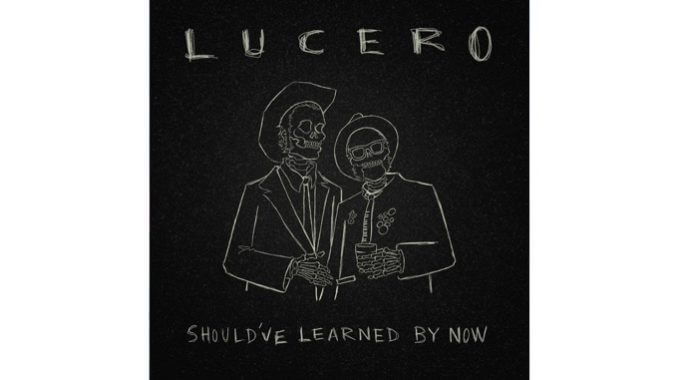Lucero Blend Angst and Introspection on Should’ve Learned by Now
Memphis band is up to its old tricks on 12th studio album

After all this time, Lucero is still hanging out in questionable bars, regretting wrong turns and nursing king-sized heartaches. If that’s cause for reflection on Should’ve Learned by Now, the band’s 12th studio album, it’s not exactly a mandate for change: the Memphis rockers are doing what they’ve always done, and it’s brought them this far.
Even so, the details have changed here and there over the years as the group has explored different paths. There was the surging Southern rock sound of That Much Further West in 2003, the horn-laced anthems on 2009’s 1372 Overton Park—a particular high-water mark—and the moodier tone of 2018’s Among the Ghosts. Lucero’s latest triangulates those various approaches into a marriage between the band’s surging early angst and latter-day introspection on 10 new songs.
-

-

-

-

-

-

-

-

-

-

-

-

-

-

-

-

-

-

-

-

-

-

-

-

-

-

-

-

-

-

-

-

-

-

-

-

-

-

-

-








































